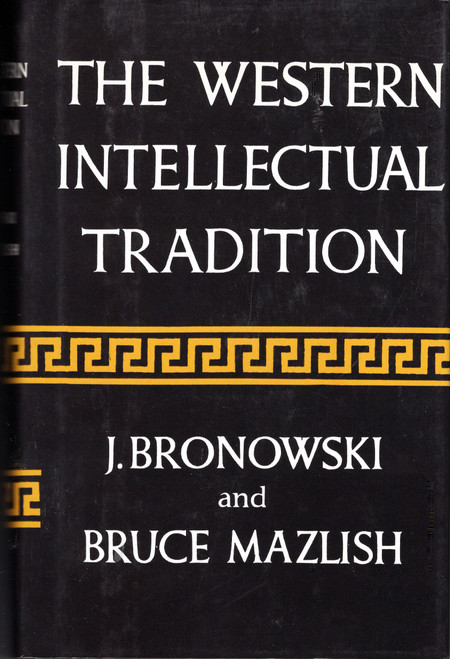Hegel's Philosophy of Right was the last of his major works to be published in his lifetime. It contains his mature views on such subjects as law, rights, morality, the family, economic life, and the state. Ever since its publication in 1821 it has been variously interpreted: it profoundly influenced Marx and the development of Communism; Bosanquet found in it the basis of Democracy; while some modern writers regard it as one of the origins of national Socialism. This new translation is complete, and it has been made as literal as possible in order to allow Hegel to speak for himself. The material culled from his lectures on the book and intercalated into his published text in editions published after his death is here translated but relegated to an Appendix. The translator has added notes whose aim is to elucidate Hegel's technicalities and to make his argument intelligible to readers unacquainted with his work.
Editorial Reviews
"Professor Knox is to be congratulated on this first complete English translation of Hegel's principal work on political theory, and specially on the clear (and much needed) explanatory notes." --Manchester Guardian
About the Author
G.W.F. Hegel (1770-1831) was a German philosopher and one of the founding figures of German Idealism. His first published success was The Phenomenology of Spirit in 1807. Hegel taught at Heidelberg and Berlin, publishing work on dialectical thinking and theories of totality. Influenced by Kant's transcendental idealism and Rousseau's politics, Hegel formulated an elaborate system of historical development of ethics, government, and religion through the dialectical unfolding of the Absolute. Hegel was one of the most well-known historicist philosopher, and his thought presaged continental philosophy, including postmodernism. His system was inverted into a materialist ideology by Karl Marx, originally a member of the Young Hegelian faction.
T.M. Knox is Professor of Moral Philosophy at the University of St. Andrews. He was formerly Fellow and Tutor of Jesus College, Oxford.








